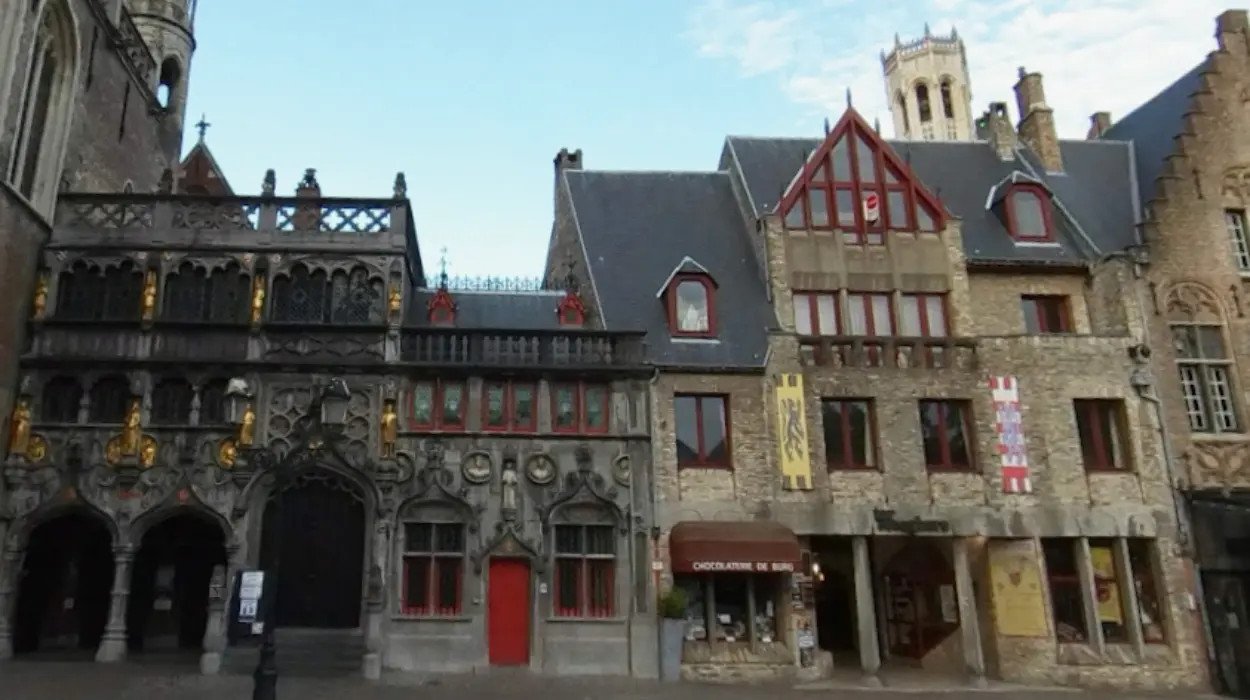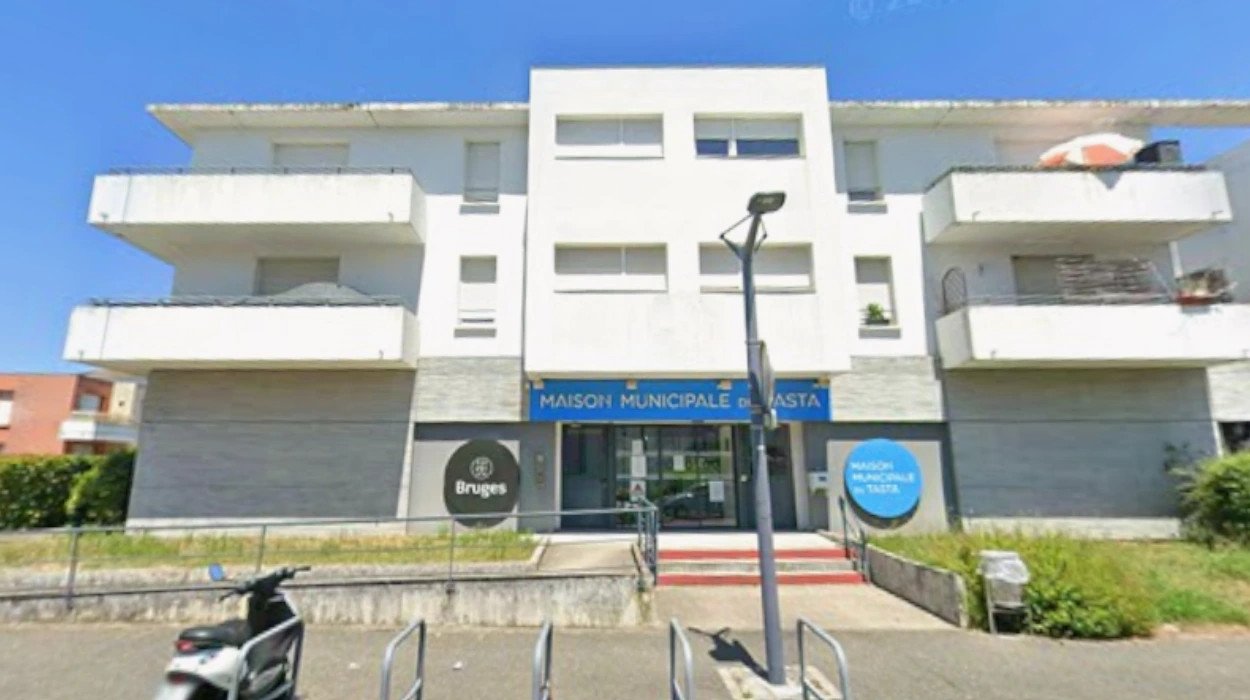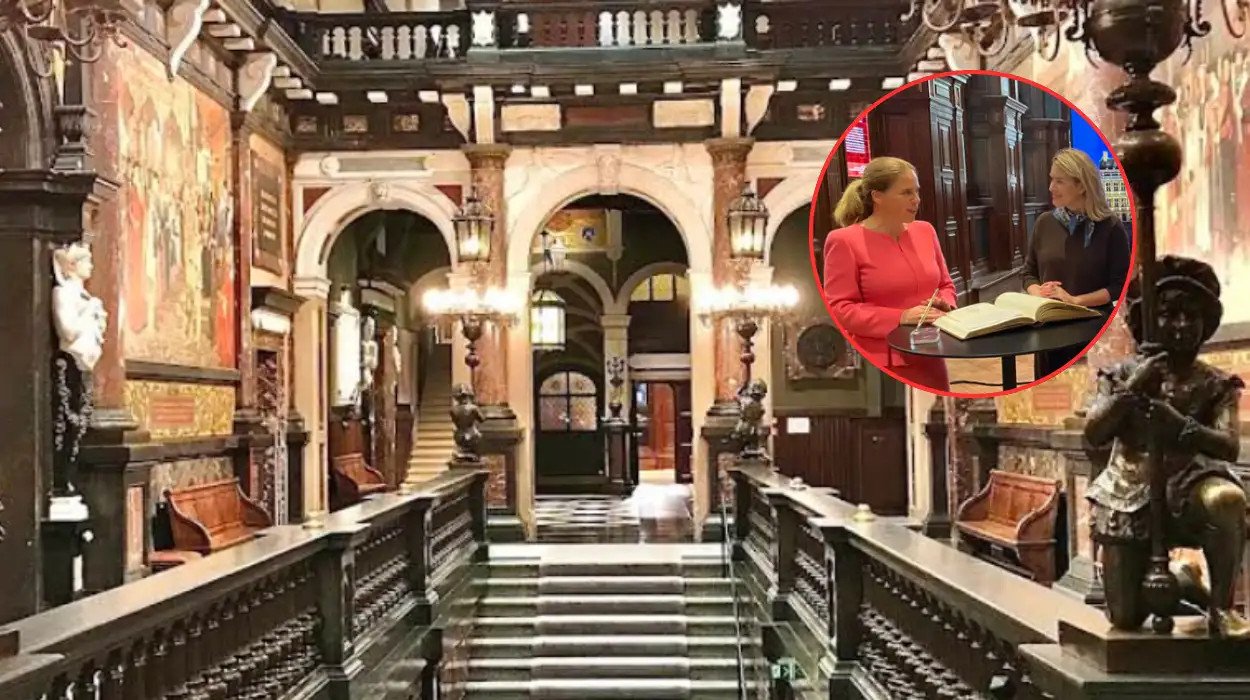Bredene – A new app was used for the first time on October 14, 2025, to check students’ bicycles at Don Bosco School in Bredene as part of West Flanders’ “Mandatory Lights” campaign. Governor Carl Decaluwe revealed that one-third of the bicycles inspected exhibited technical defects, reports 24brussels.
The initiative aims to ensure that students remain visible and safe during the darker months of the year. Police officers conducted checks on the students’ bicycles for functioning lights, reflectors, and overall safety. This inspection marks the first use of a newly developed app created by Vives University of Applied Sciences, commissioned by the province.
This app enables officers to digitally document any defects found. It is directly linked to the email addresses of the students’ parents, ensuring immediate notification should any issues arise with a bicycle requiring repair. Governor Decaluwe noted that previous inspections were cumbersome, relying on pen and paper, which have now been deemed outdated.
What is the West Flemish app changing bicycle checks in Bredene?
The new digital method allows greater efficiency in the inspection process. Parents can opt-in or out of this initiative based on privacy preferences. However, bicycles belonging to children of parents who opted out can still be inspected, albeit without notifying their families digitally.
The Bredene/De Haan district is pioneering this app, with plans for other police districts in West Flanders to implement it in the future. Governor Decaluwe emphasized the importance of these checks, citing last year’s report that indicated one in three bicycles had technical issues, primarily concerning their lights.
Belgium has increasingly prioritized bicycle safety through various campaigns, though employing digital technology for inspections is a novel approach. Many Flemish cities and police districts have historically conducted checks for essential safety features such as lights, brakes, and reflectors. In 2023, Ghent executed conventional inspections at schools as part of its “Safe Cycling” program, where officers manually evaluated bicycles, offering safety advice to students. These efforts collectively aim to minimize accidents and ensure young cyclists are adequately equipped.








